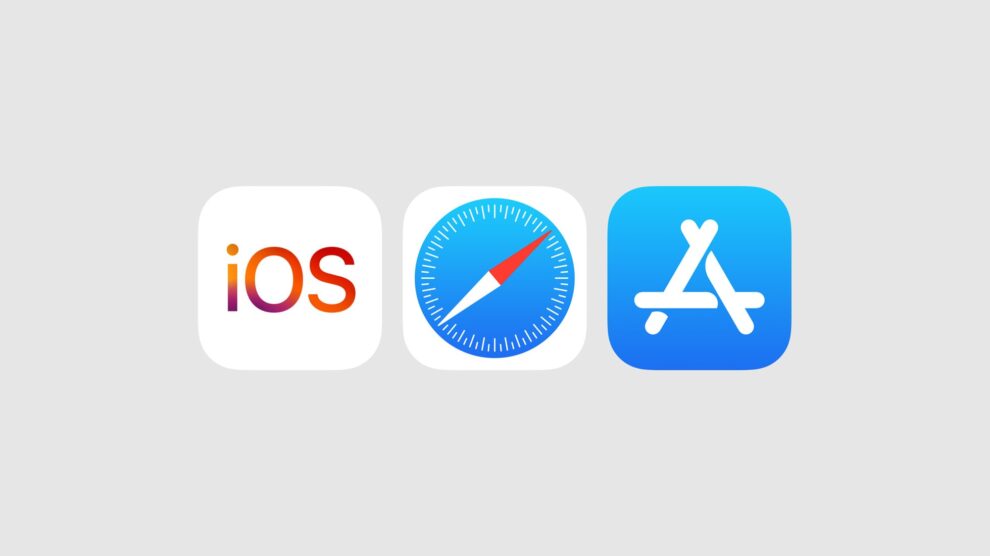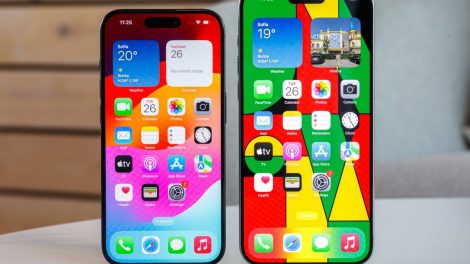Venerable app distribution shop keeping seems increasingly precarious occupations following Apple’s sweeping iOS ecosystem concessions aiming European Union Digital Market Act (DMA) compliance evidently.
Namely iPhone users soon welcome alternative app storefronts and browsers options tearing down walled garden barriers favoring monopolized gatekeeping historically under tumultuous new mandates.
Today we examine forthcoming DMA impacts ushering uncharted platform diversification waters questioning whether new freedoms nourish innovation blossoming or jeopardize stability ships consumers appreciated appreciably nonetheless.
Demystifying Digital Market Act Tenets
In essence, sweeping European Union legislation passed known Digital Markets Act checks growing anti-competitive technology business practices observed increasingly in recent decades.
Namely it combats commercial environments nurturing gatekeeper chokepoints limiting consumer selections aligned financial interests rather than merit-based competitiveness fairly.
This means mandated concessions like permitting alternative app stores contrary walled-garden models or equal fining search engine defaults beyond company products preferentially.
Regulators hope breaking closed loops catalyzes healthier innovation originally hampered through barriers benefiting specific incumbents disproportionately henceforth.
Catering Regional Sentiments
Moreover the DMA aims protecting EU resident and startup interests particularly whom lawmakers believe disproportionately suffer burdens from unilateral silicon valley policy enforcements presently.
They envision recalibrated legislative dice roles better leveling playing fields benefiting local app economy nourishment longer term accordingly.
But affected companies warn losing centralized controls risks unintended technology anarchy and diminished consumer protections collectively.
Apple’s Reluctant Allowance
Facing non-compliance astronomical fine threats, Apple begrudgingly succumbs DMA requirements allowing iOS browsers and app store client alternatives countervailing their default Safari and App Store services respectively.
So soon iPhone users choose Firefox, Edge or other browser preferences circumventing Safari dominance mandated previously limiting options and web experience diversity unfairly.
And they download apps directly from third-party catalogs or publishers instead relying Apple App Store mechanism strangleholds forcing distribution singularly.
Manifesting Deeper iOS Freedoms
Effectively DMA legislation transfers platform gatekeeping privileges returning individuals greater control tailoring iPhone experiences accordingly personal preferences rather company canonicals wholly.
This means escaping browser engine restrictions hampered web applications historically. And welcoming alternative app discovery channels niche developers avoided prohibitive App Store listing policy and commission qualms consistently.
For app makers and consumers alike, reduced walled-garden confinement fosters exploration opportunities conceivably.
parsed Carefully, Opportunity Awaits
Despite reluctance ceding cornerstone competitive advantages clearly, Apple acquiescence may catalyze beneficial app economy innovation previously throttled unnecessarily.
This proves particularly pertinent nurturing smaller startup software studios or unconventional catalog curation channels well-positioned reacting market needs uniquely less beholden dictating arbitrary external policies detached from realities facing developers.
In essence, DMA shifts rebalance scales democratizing level playing fields where more ideas compete fairly yielding sustainable growth and diversification appreciably.
The Threats Lurking Behind New Freedoms
However, increased iOS ecosystem permeabilities risk deteriorating consistency, security and support assurances many consumers cherished through Apple’s strict centralized oversight historically.
Will app stability suffer lacking App Store safeguards vetting quality and permission manifest transparency comprehensively?
And who assumes responsibility addressing discovered vulnerabilities when changes distribute patching accountabilities murkily between multiple parties concurrently?
These questions linger needing thorough reconciliations upholding positive technology faith and trust facing people ultimately.
An Inflection Point Ushering More Informed Digital futures
Ultimately DMA catalyzed iOS privileges pose overdue reckoning questions whether consolidated power concentrations centrally control technology experiences democratically or not quite.
By mandating choice offerings, they return selecting personalized controls where few recognized risks monopoly establishments crept before arguably.
This promises sparking fruitful innovation previously constrained while responsibly addressing legitimate stability and security considerations lingering introduced otherwise needlessly.
Europe DMA sets bold global precedents. But beyond regional boundaries, universally better technology balanced serving informed people interests first with Big Tech cooperation still makes brighter collective digital future outlooks for everyone!










Add Comment